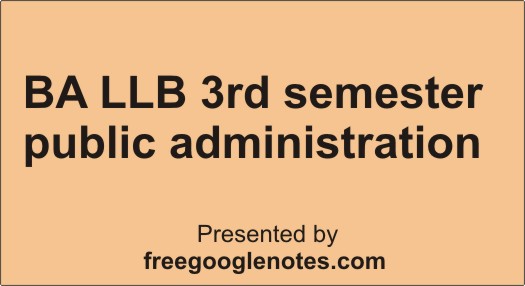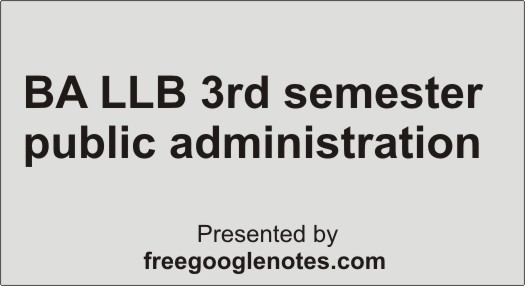Table of Contents
Legal system notes: Write short notes on Folkways, Mores
Write short notes on (1) Folkways, and (2) Mores.
Folkways and Mores are the primary concepts of sociology. They occupy an important place in our social life. They influence the individual as well as social behavior and that is why they are important in our social life.
(1) Folkways: The term ‘Folkways’ was for the first time used by a well-known social thinker. M. G. Summer in his book ‘Folkways’. Through this term, SUMMER wanted to give an idea of those ways and traditions that influence the life of the people. Since then, it became an important subject of study of Social Psychology.
Definitions of Folkways: Folkways as the term indicates are a sum total of the ways and the pattern of behavior of a particular fold or group of people. As a social being, every individual has to undertake different types of behavior from morning to evening. Some of this behavior is general and normal while the others are speçilic and particular. These specific and particular behavior have their origin in the ways of the folk or the group in the society.
Teuter and Hart have defined it in the following ways:
“The Folkways are simple habits of action common to the member of the group they are the ways of folk and are somewhat standards and have some degree of traditional sanction for their persistence.”
Similarly, Maclver and Page have defined the following terms. Folkways are the recognized or accepted ways of behavior in society.
Characteristics of Folkways: The definition of Folkways given above, bring to light certain characteristics of Folkways. It shall be useful to bring out these characteristics more clearly.
(1) Folkways are the result of spontaneous growth- Folkways do not develop as a result of a conscious deliberate attempt. They grow in a natural and standardized manner.
(2) Social objective- Every Folkways has one or the other objective. In other words, the Folkways are based on social aims.
(3) Social controls and regulation- Folkways are not universal’ They differ from society to society. It is also because of the conditions, the attitudes the socio-economic conditions, and the cultural background of a different society.
(4) No sense of morality- Folkways are not morals standards or values. If somebody acts against the accepted. Folkways be are blamed for it and held guilty of breach of some accepted social standard of behavior. In other words, it is slightly lower in status as compared to low traditions or customs.
(2) Mores-Meaning and definitions- We have already seen the Folkways regulate and control our social behavior. One thing has also become clear that the welfare of a group or the society does not form a part of Folkways. As soon as the welfare of the group or the society gets attached to a folkway, it changes its form and becomes ‘Mores’. explained and clarified the meaning of the Mores. He said that it is the judgment of society in regard to its behavior. In fact, Mores are nothing but another form of Folkways. Mores have been defined by different psychologists in different ways. Give below are new definitions.
(1) Mores as defined by Dowson and Gettys “Mores are Folkways which have added to them, through some reformation, he judgment that group welfare is particularly dependent upon them.”
(2) Maclver and Page have defined Mores in the following words:
“When Folkways have added to the conception of group, welfare standards of rights or wrong they are converted into Mores.”
(3) Mores as defined by Green: “Common ways of acting which are mare definitely recorded as right and proper then the Folkways and which bring greater certainty and severity of punishment if violated are the Mores.”
Characteristics of Mores- From the definitions given above, We and that Mores have certain special elements and qualities in them, these elements or characteristics are enumerated below:
(1) Concept of group welfare- Every Mores is the element of group social welfare attached to it. These elements of social welfare convent a Folkways into a Mores
(2) Determine the mode of behavior- Mores determine modes of our day-to-day behavior as social beings. For example, our behavior towards our parents and elder men is very much determined by outdoors
(3) Helpful in social adjustment- Mores are guides by the elements of the welfare of the society or the groups. They, therefore, caused on the values and the attitudes of the society. They are, therefore, the day a vital role in social adjustment.
(4) Uniformity in social life- Mores are the standards of the behavior their violation brings punishments. They, therefore, are very helpful in bringing out uniformity of social behavior. Because of the fear of punishment most of the members of the society, behave in the manner as prescribed by Mores.
(5) Helpful in the social change also- Mores can be instrumental in the social change also. They are basically conservative and once they have persisted for a very time, individuals grow restive and try to bring out a social change.








